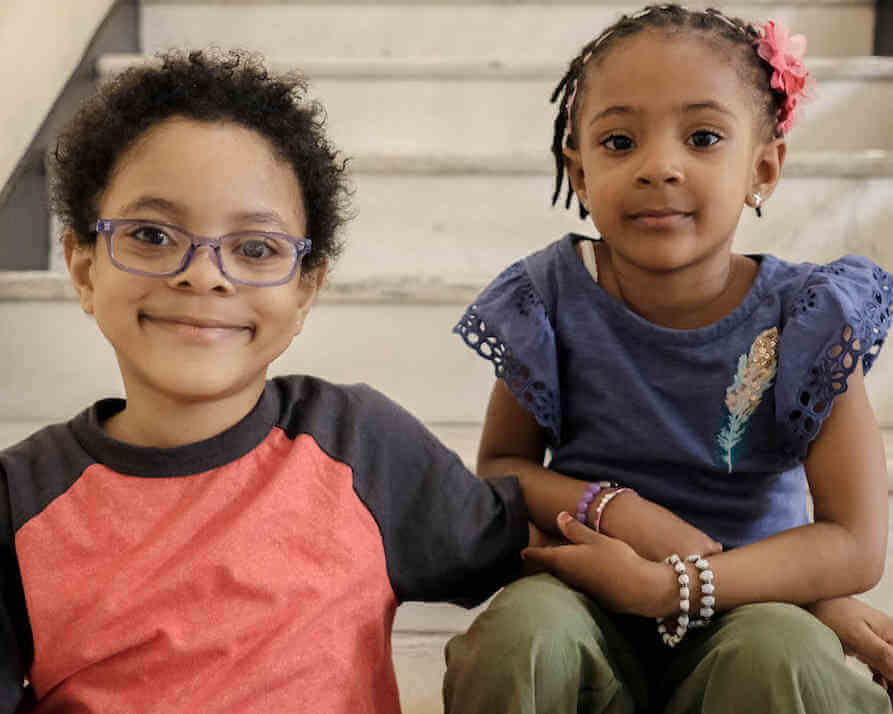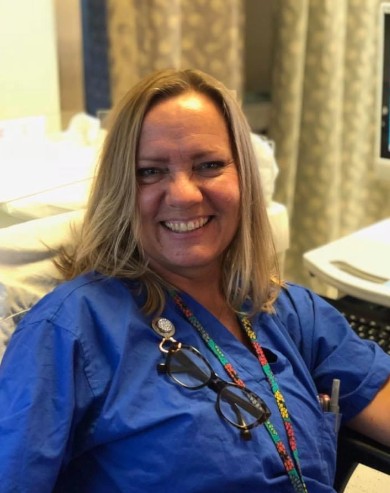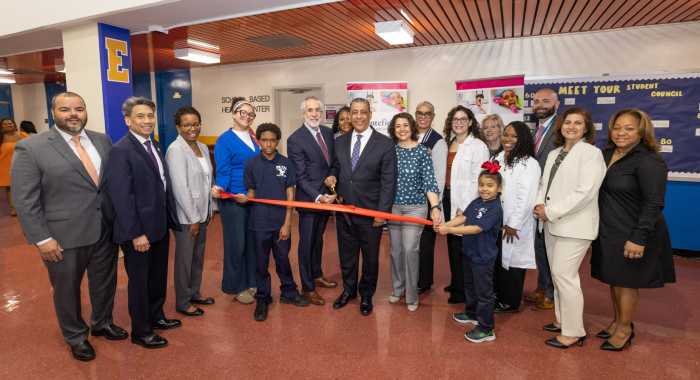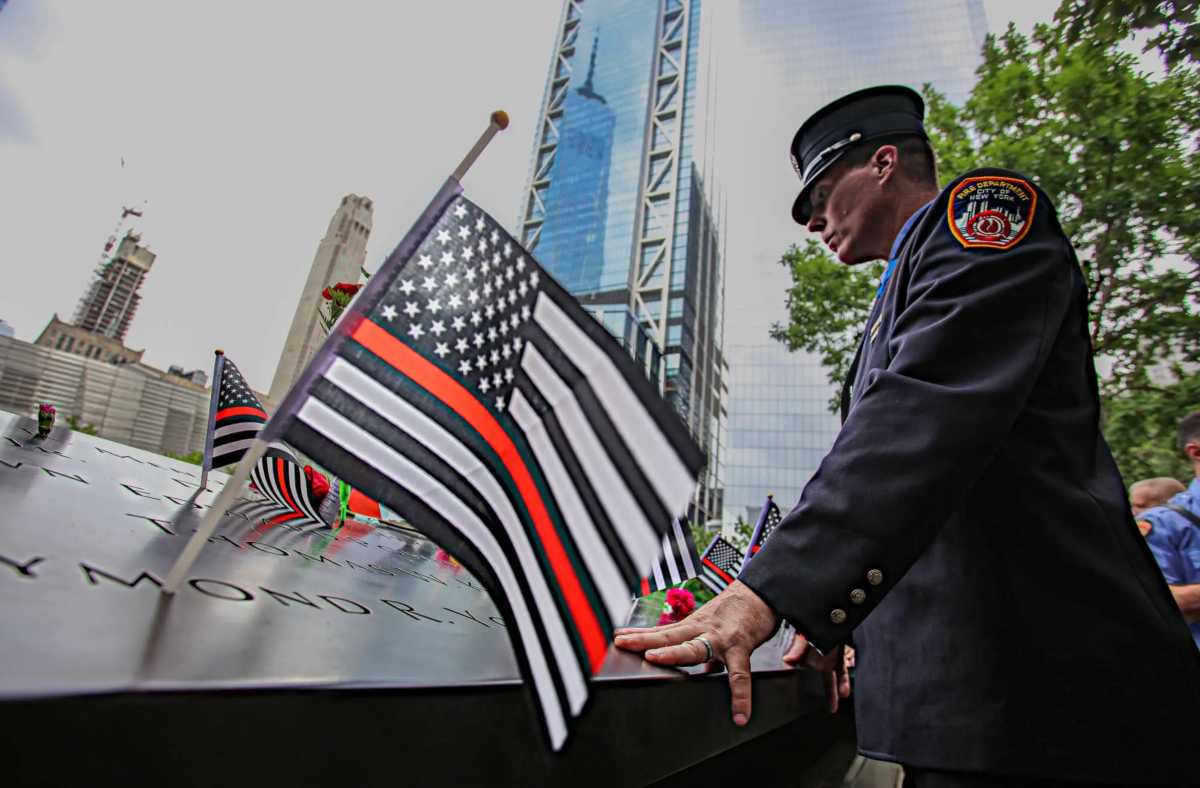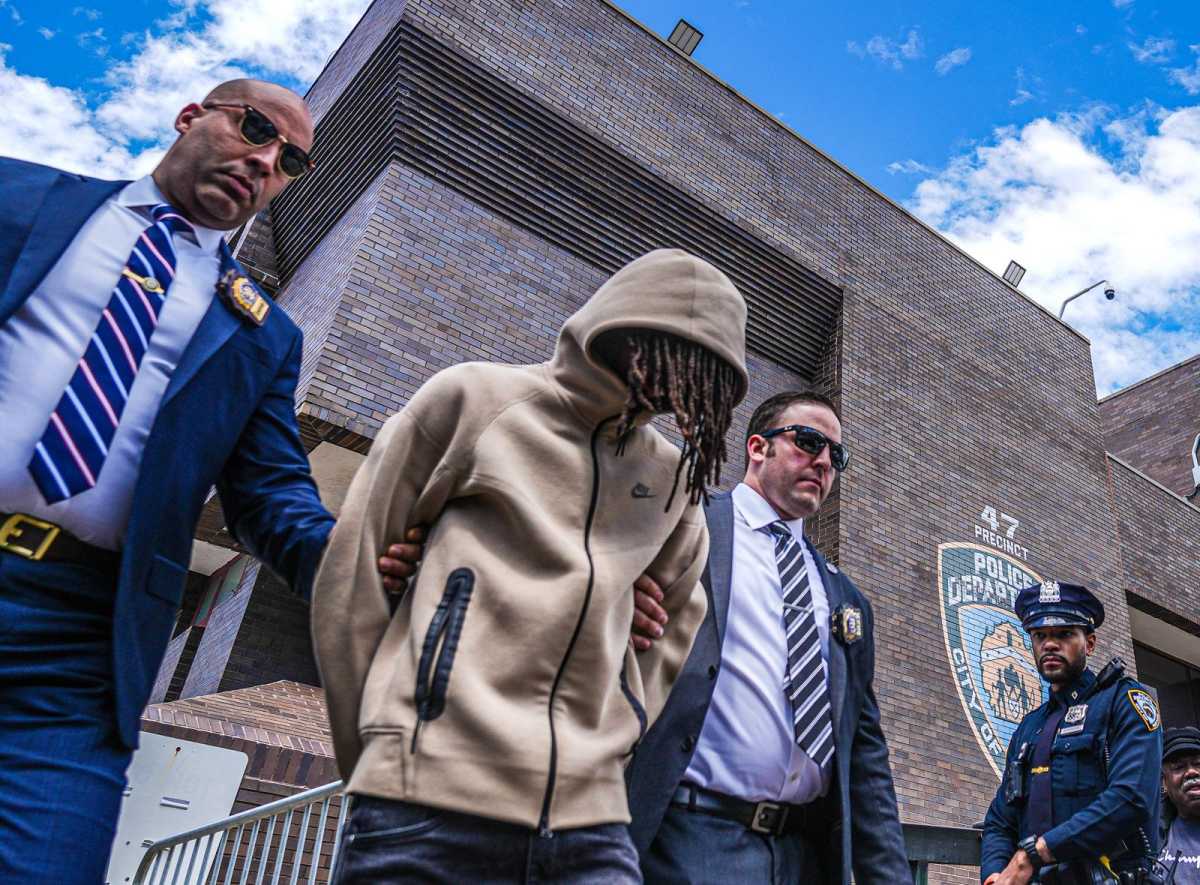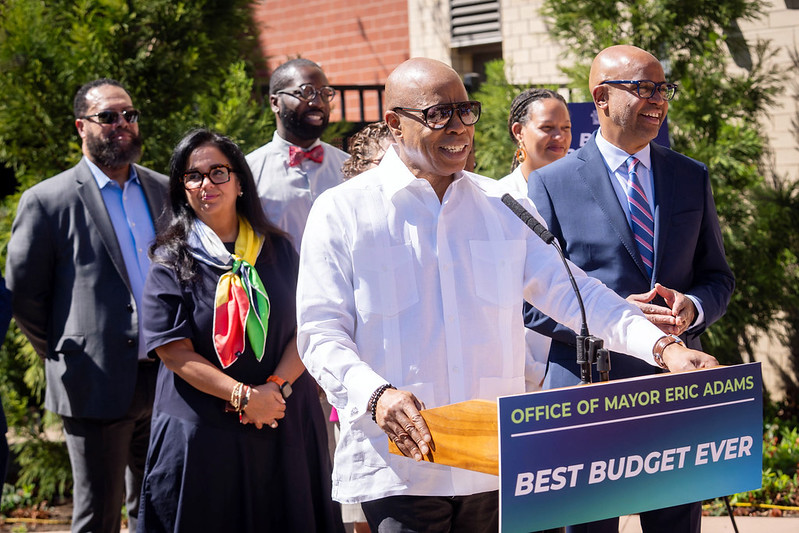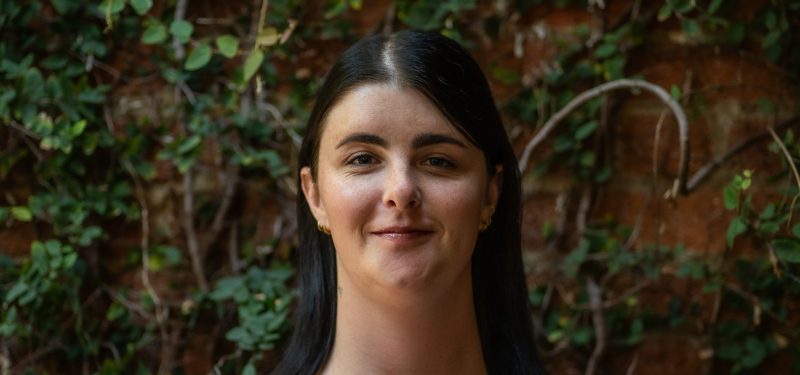A Bronx child needs your help fighting a rare autoimmune disease.
Since birth seven-year-old Parkchester resident Asaya Bullock has been diagnosed with IPEX syndrome, a rare autoimmune disease linked to the dysfunction of the transcription factor FOXP3, widely considered to be the master regulator of the regulatory T cell lineage, since March 2012.
According to the U.S. National Library of Medicine, IPEX syndrome can be life threatening in early childhood.
The National Center for Advancing Translational Sciences notes the disease solely affects males and starts in the first six months of life.
Symptoms include severe diarrhea; diabetes; skin conditions such as eczema, erythroderma or psoriasis and thyroid disease.
Asaya’s only cure is a bone marrow transplant from a matching donor, however finding the perfect match has proven difficult.
Airam de Silva, The Icla da Silva Foundation president, explained that African Americans possess a highly mixed genetic heritage and are dramatically underrepresented on the Be The Match registry.
Asaya’s father Vincent is African American and his mother Charlene is originally from Saint Vincent and the Grenadines.
They are searching for a donor who shares Asaya’s same ethicity and ancestry.
According to Charlene, Asaya experiences stomach and joint pain, eczema, migraines lasting upwards of three days, depression and forgetfulness due to IPEX syndrome.
She added that when her son was dignosed the doctors estimated that he would only live for two years.
Charlene describes Asaya as a fun, outgoing kidster whose hobbies include football, basketball, video games and writing his own stories and comic books.
The couple became aware of the challenges in finding a match for their son very early on and took matters into their own hands.
Soon after Asaya’s diagnosis, Vincent and Charlene decided to extend their family.
The couple gave birth to their daughter Anaya and hoped to use Anaya’s cord blood as a potential cure for their son.
Although Anaya’s cord blood was a 70% match for Asaya, his body rejected the cells.
The odds are not in Asaya’s favor.
According to the Icla de Silva Foundation, white patients have a 77% chance of finding a match on the registry while most African American patients only have a 23% chance of finding a matching donor.
The more genetically unique a patient is, such as Asaya, the lower their chances are in finding a match.
De Silva noted that the survival rate for individuals with IPEX syndrome is between 75 to 80%, but it varies from patient to patient.
The only way to increase the chances of finding a match is to get more people to join the registry.
“Any person who joins the registry could be a perfect match for Asaya,” said de Silva.
Anyone between 18 to 44-years-old can join the registry.
For additional information and to add your genetics to the registry, visit join.bethe

